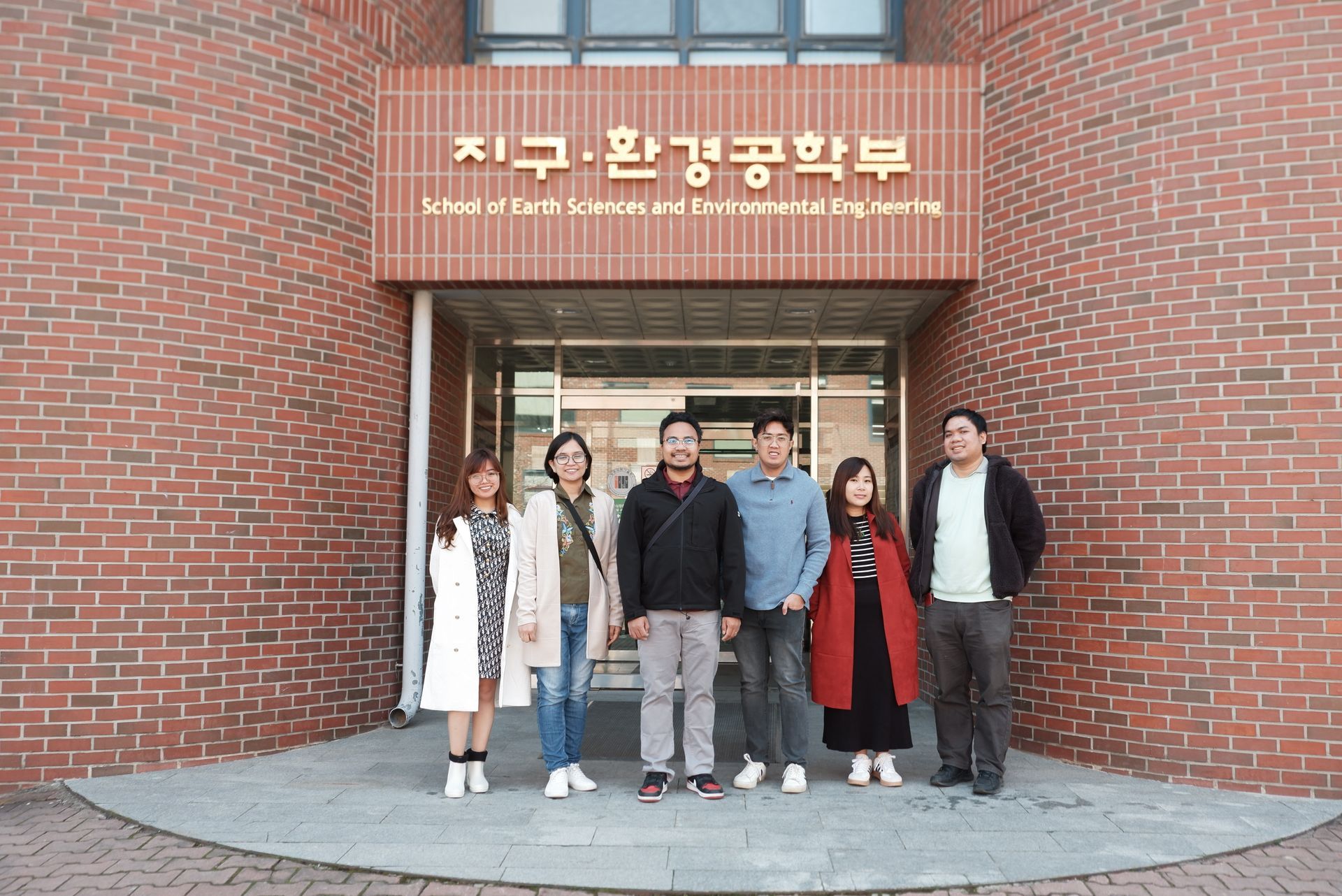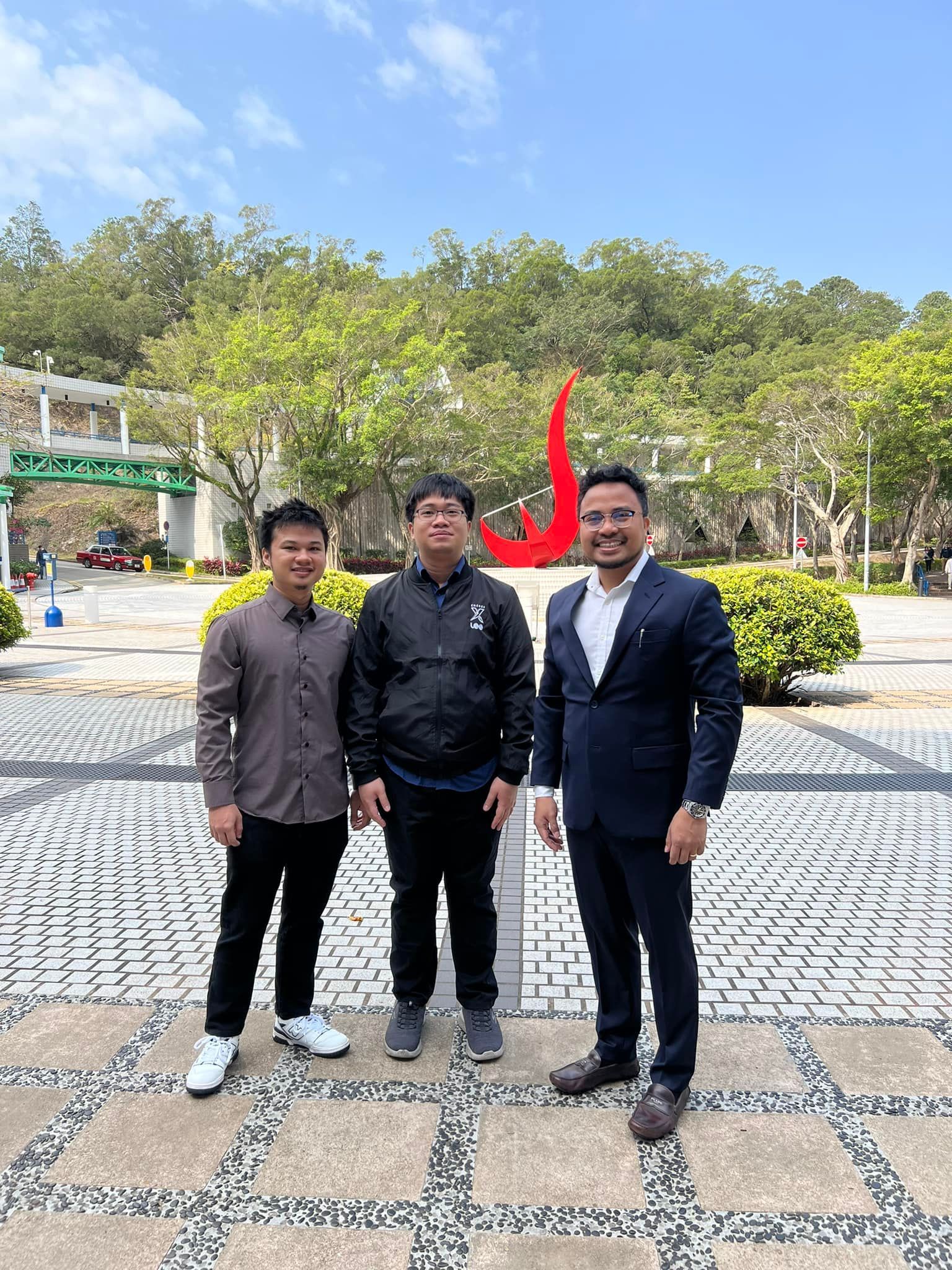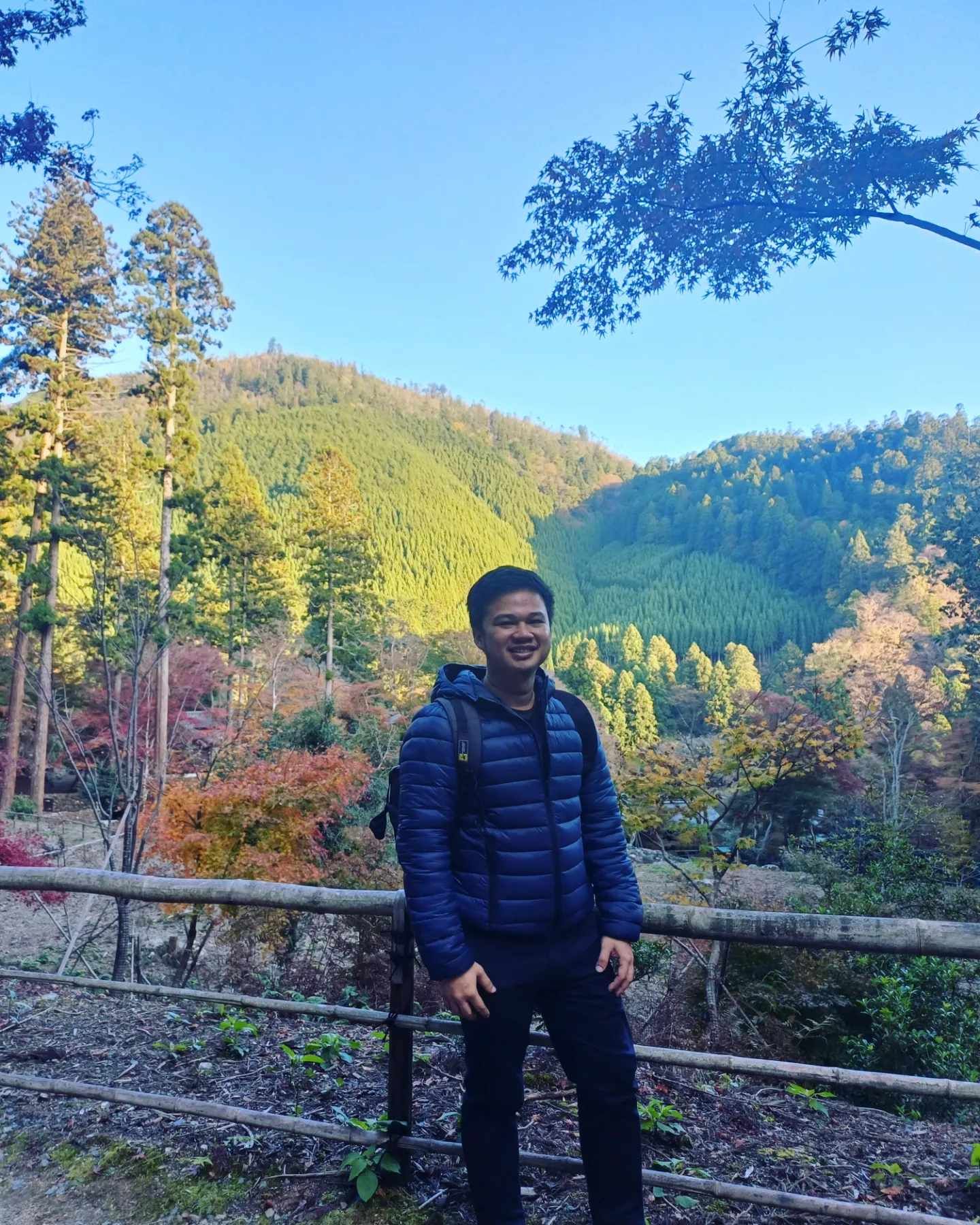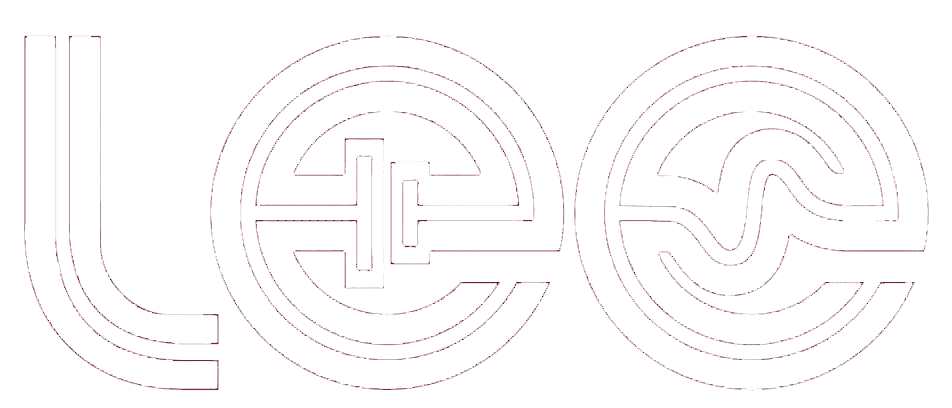Jim Futalan Goes to Osaka U on Training

This month, a research fellow of GREEN POWER Project headed to Osaka University as a Quantum Engineering Design Course (QEDC) Short Term student. Jim Futalan began his research in LEE under the Density Functional Theory group of the lab, working on simulation of potential fuel cell catalysts. Joining him are four other students, chosen out of a pool of 30 applicants. By the end of the year, he is expected to submit a report on his research interest. In his case, it is understanding a potential cathode catalyst for oxygen reduction reaction (ORR). Moreover, he is expected to complete 16 units of coursework in the university. He is currently under the tutelage of Prof. Koichi Kusakabe.
“My stay here really pushed me beyond research on fuel cell catalysts to consider other related systems. Plus, being part of Kusakabe-sensei’s materials physics lab helped me to see materials design from a different perspective. Good opportunity to learn not only from professors but also from fellow students who come from different backgrounds and different home universities,” he says.
Jim will be staying in Osaka until September 2018.





